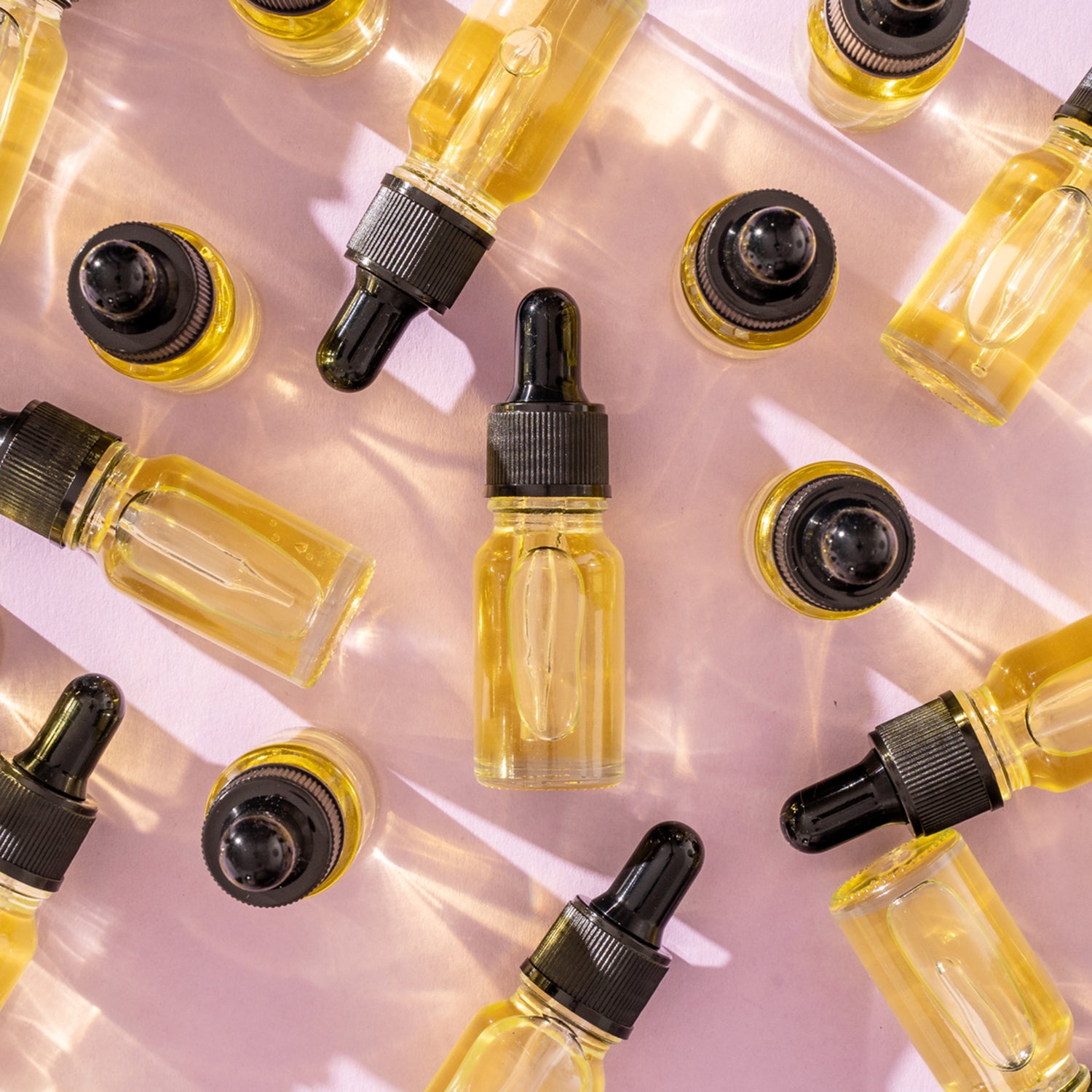These are two of the most talked about substances as potential treatments for stress and anxiety disorders. Here’s what we know now about their real potential.
Ketamine
Used in medicine as an anesthetic, ketamine has come a long way from its nineties reputation as a club drug that offered a pleasurable disconnection from reality. More recently, it’s been hailed as a wonder treatment for depression. In 2019, federal regulators approved a purified version that’s now available as a nasal spray to treat depression when other drugs have failed. (The approved version is administered only in controlled settings.) Meanwhile, ketamine clinics are popping up across the country as doctors tout infusions to help with anxiety and other uses that don’t yet have the FDA’s stamp of approval.
Rebecca Brachman, a fellow at Cornell Tech in Manhattan, is advancing another intriguing application for the drug. Her hypothesis: because low doses of ketamine appear to act as a prophylactic against stress-induced psychiatric disorders, like a sort of mental-health vaccine, then it might be effective at preventing PTSD and improving stress responses. Brachman’s studies have been conducted only on rodents so far, and there’s a lack of consensus about ketamine’s effects on the human brain. Nonetheless, she and her colleagues have found compelling evidence that the drug makes mice better able to manage future stress. “It’s not necessarily about chilling out,” Brachman says. “It’s really about having resilience.”
But Michael Grunebaum, a professor of psychiatry at Columbia University, says that in his clinical trials, many patients don’t find that the drug relieves anxiety. “Ketamine is just a really distinct, weird, spacey feeling,” he says.
Brachman doesn’t envision the drug eliminating our feelings of stress altogether, but she’s hopeful that if her hypothesis translates to human subjects, it could open up an entirely new way of fine-tuning the body’s response to the abundance of life’s stressful situations.
CBD
Among the numerous purported benefits of cannabidiol is anxiety relief. Cinnamon Bidwell, a professor at the University of Colorado Boulder, is conducting a study on CBD and anxiety. (The trial ends in 2021.) If you’re looking to experiment, here’s her advice.
Be wary if a product claims to cure anything.
While data on laboratory animals suggests that CBD could ameliorate anxiety and reduce inflammation, such benefits are still largely unproven. The FDA has approved only one pharmaceutical-grade CBD product, Epidiolex, to treat certain types of seizures.
Dose size and purity matter.
Make sure the product has been lab tested for the concentration of active ingredients and for impurities like heavy metals. In a 2011 study conducted by Brazilian researchers, a dozen college students reported reduced anxiety when speaking in front of a mock audience after taking a single dose of CBD, compared with a group who took a placebo. The catch is that the study used 600 milligrams of 99.9 percent pure CBD, which far exceeds the 10 to 30 milligrams found in many products.
No to vaping.
Vaping cannabis products of unknown origin is a bad idea, given that we still don’t know why people have died from vape-related lung ailments.
You might not pass a drug screening.
Some drug tests can’t differentiate CBD from THC. Moreover, CBD oils can have up to 0.3 percent THC and still be called THC-free. Even that small amount can show up as a prohibited substance.

